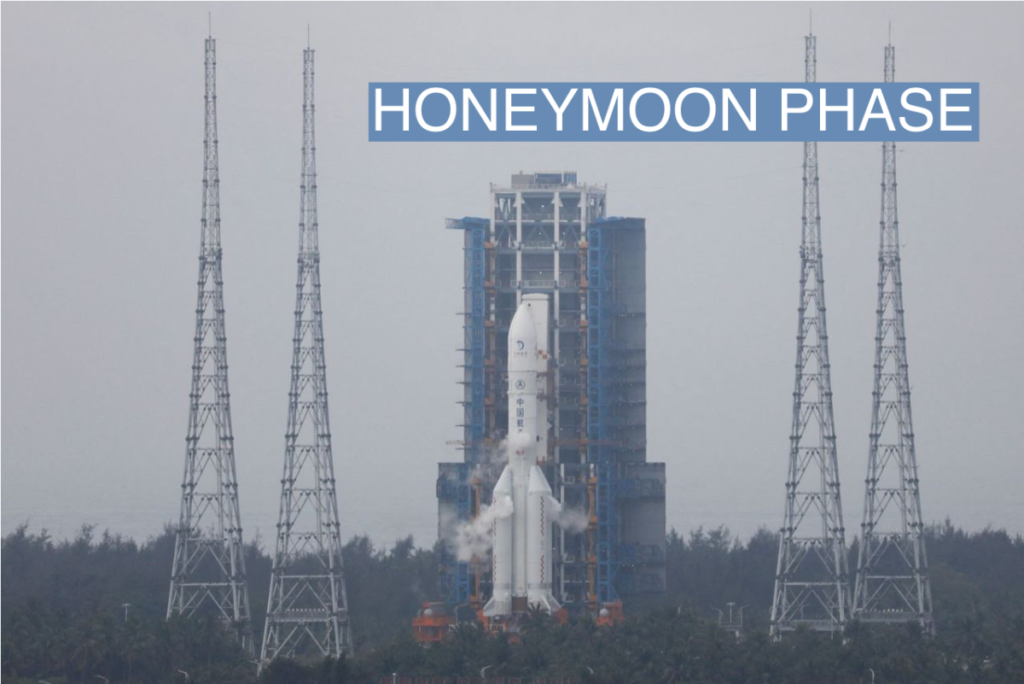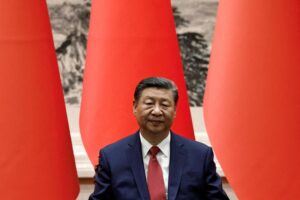Insights from the The Guardian, BBC Global News podcast, and The Discussion
The News
China landed an uncrewed spacecraft on the moon’s far side on Sunday in a landmark objective to gather lunar rock and soil samples and return them to Earth.
It’s the very first time any area company has actually attempted to return samples utilizing remote-controlled spacecraft, as the only other moon rocks researchers need to study in the world were collected throughout the Apollo period, some fifty years back, by American astronauts.
The historical Chang’e 6 objective — no other nation has actually landed spacecraft on the moon’s far side, and now China has actually done so two times — highlights China’s power in the middle of the brand-new area race to develop long-term, crewed lunar bases.
SIGNALS
United States is worried about China’s area program
China’s area expedition successes have actually raised issues in the United States over its larger geopolitical objectives: NASA Administrator Expense Nelson has actually formerly cautioned China’s civilian area development may hide a military program which the United States remains in “an area race,” echoing the language utilized in the Cold War with Russia. Of specific concern is the moon: Nelson has actually stated if China arrives initially, they might lock out the United States. The United States and China prepare to establish lunar bases which implies they require access to resources, like water. While the worldwide agreement is that nobody can declare area or resources on the moon, that’s never ever been checked, a truth one public law teacher informed The Guardian referred to as a “wild, wild West.”
More unity than ‘area race’ narrative recommends
While the “area race” story has actually gotten momentum in the United States, there is still a structure of worldwide cooperation in area expedition. The European Area Company, for example, took part in the Chang’e 6 moon objective. An ESA technical officer informed the BBC Global News podcast that it was a “serene” objective with a “simply clinical” objective: It’s “a journey that we’re attempting to go on together” instead of a race, he stated, and it’s favorable that “the accomplishments of one company or one country motivate the higher efforts of another.”
Human moon bases might have unexpected effects
Chang’e 6 brings China closer to developing a human base upon the moon, something the United States likewise looks for. While moon bases open brand-new chances for science, a human lunar existence might have unexpected consequences, especially on the far side, which has near-perfect conditions for radio astronomy. Radio astronomy might enable scientists to gather information from great voids and observe the “cosmic dark ages,” the time before stars and galaxies existed. “The rush to develop bases on the moon might disrupt the very conditions that make the Moon so appealing for research study in the very first location,” one astrophysicist cautioned.



